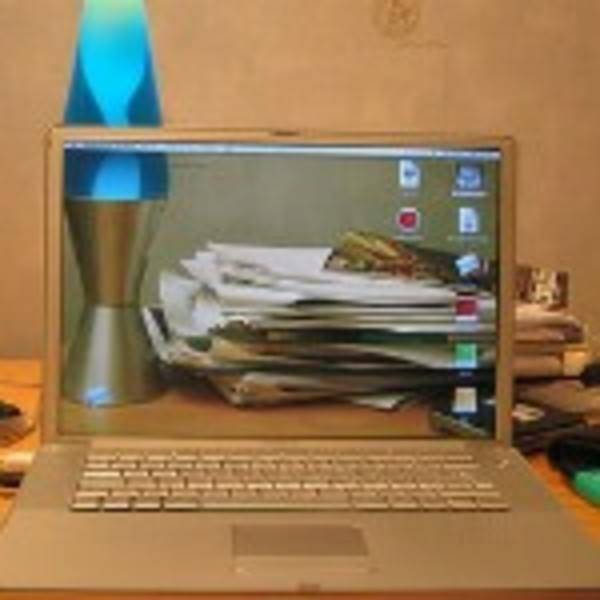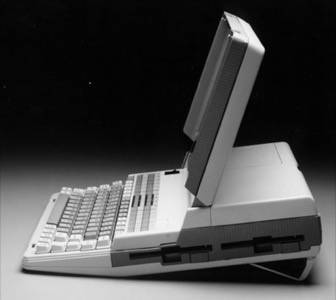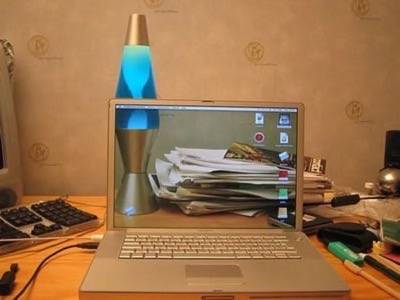The current cries heralding the death of desktops and the rise of the Post-PC Era ring hollow to anyone of the Video Killed the Radio Star MTV age. If history has taught us anything, it’s that devices with a common purpose seldom destroy one another. It is the changes in computing processes that kills devices.

Take for example the claims that radio would kill newspapers and TV would kill radio. It didn’t happen. Why? Because each of these devices served a common purpose and although the mode changed, the process did not. Then along came the Internet to disrupt the process – in terms of dissemination and access. Sure, the Internet spawned new devices too but these were attuned to the same Internet-based process and thus it is the process and not the advent of these new devices that will kill the Big Three – newspapers, TV and radio.
But, these new Internet-based devices will not kill the desktop because the desktop is based on the same process. It belongs to the Web-ilk, that is, to the Internet of Things.
And so the desktop will live on in one form or another as long as the process, i.e. the Internet as we know it, does. Perhaps not this desktop, though (the Data General One):

But what possible advantage can process have over utility, one might ask? To which I would say, that is the wrong question. Utility is served by process too. For example, the radio was once a fixed object in the home. Later it became portable and even found a way to roam about in cars. It wasn’t its form or its mobility that fully addressed its utility. Form and mobility merely augmented its usefulness. But its utility remained the same. This is true right up to satellite radio today. Access improved, but utility remained the same.
Pam Baker has written hundreds of articles in leading technology, business and finance publications. She has also authored several analytical studies on technology, eight books and an award-winning documentary on paper-making. She is a member of the National Press Club (NPC), Society of Professional Journalists (SPJ), and the Internet Press Guild (IPG). She can be reached at [email protected] and on Twitter at @bakercom1.
However, a change in process came about through the iPod and iTunes, Internet radio and MP3-capable phones. The change in the process was that music was no longer a one-way stream of sound. Now music can be selected from a variety of sources, played on demand, stored in various ways, owned or rented, commercial free or ad endowed and shuttled between devices. In other words, the listener commands the what, where and how of music enjoyment rather than passively receiving the music from a disc jockey’s predetermined playlist.
With the new process comes a new utility. Once again, the new devices that are now slowly killing traditional radio are doing so because of their process and not because of their utility or newness to the scene.
The same holds true with the desktop – the much maligned CPU with monitor, keyboard and mouse configuration literally sprawled on desktops everywhere. Its utility has not changed and neither has its process .
The situation is similar to that of the QWERTY keyboard which is still around today because the process of data entry has remained unchanged despite the onslaught of new devices and Web advancements. In much the same way, the process behind desktop use remains static.

The desktop provides the muscle needed to handle large amounts of local data in the current computing process model. It is superior to all other Internet-based devices in offline data retrieval and use. There will always be people who want to keep their information on a CPU and out of reach of Dropbox- and Wikileak-style fiascos and warrantless government searches.
There will always be nerds and geeks who want to code in private and thus
want CPUs that can work offline. They will keep machines at the ready to test everything from hacking tools to new software, both online and off. They will have a pile of CPUs at their feet and a spread of monitors on their desks as long as life breathes
within man and machine.
There will be scientists with new discoveries, governments with secrets, and corporations with profits to protect who will always guard against leaks and spies by keeping information on-premise.
And this is why the desktop will never die. At least not until the the Internet as we know it dies and a new computing process takes its place.
Photo @ Creative Commons by kerplunk kerplunk










